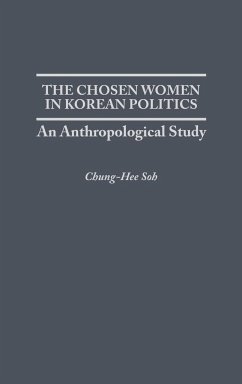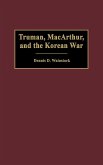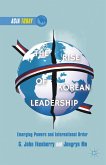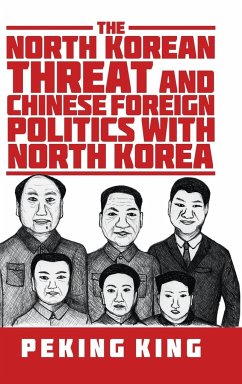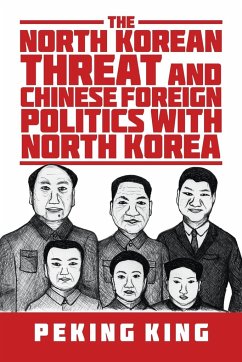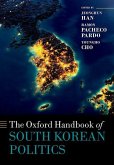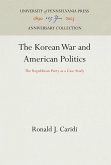Chung-Hee Soh here contributes a unique perspective on women in politics by analyzing the ethnographic materials on the experiences of Korean women in their national legislature. Among the questions she raises are: Who are these women? How did they attain their political positions? What motivated their participation in male-dominated politics? Soh investigates the life histories of twenty-nine women who have been chosen to serve in the South Korean National Assembly. Her study sheds light on the dynamics of sociocultural change in male-female relations and gender role conceptions in a modernizing society. Soh obtained unique insights into the processes of change in the gender role system by studying the chosen women in male-dominated Korean politics. The experiences of Korean women in politics not only delineate the systematic limits to female life in Korean culture, but also reveal some commonalities in social structural impediments to women in high-level public office. The author provides cross-cultural comparative perspectives on such topics as family backgrounds, gender role socialization, the patterns of recruitment, and the impact of the electoral system on the representation of women in national politics. Soh adds an important new dimension to the study of women in politics by situating her findings in the broader sociohistorical context of a modernizing nation and offers useful insights into the processes of sociohistorical change in the gender-role system. Her book will be welcomed by sociocultural anthropolgists, political scientists, Asian historians, and women's studies scholars.

